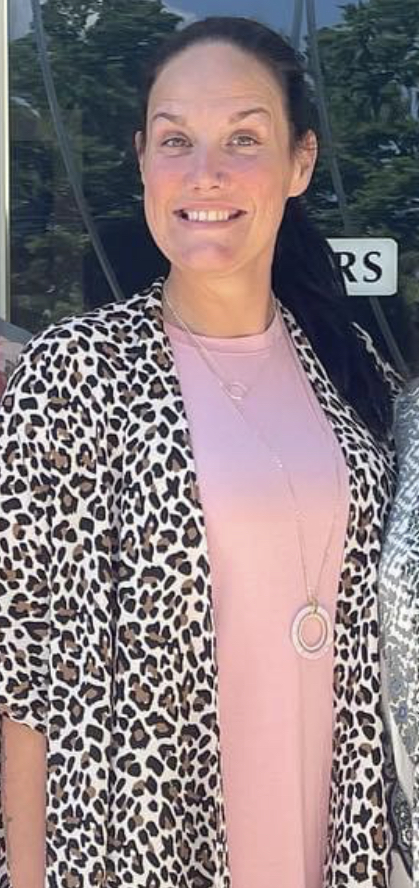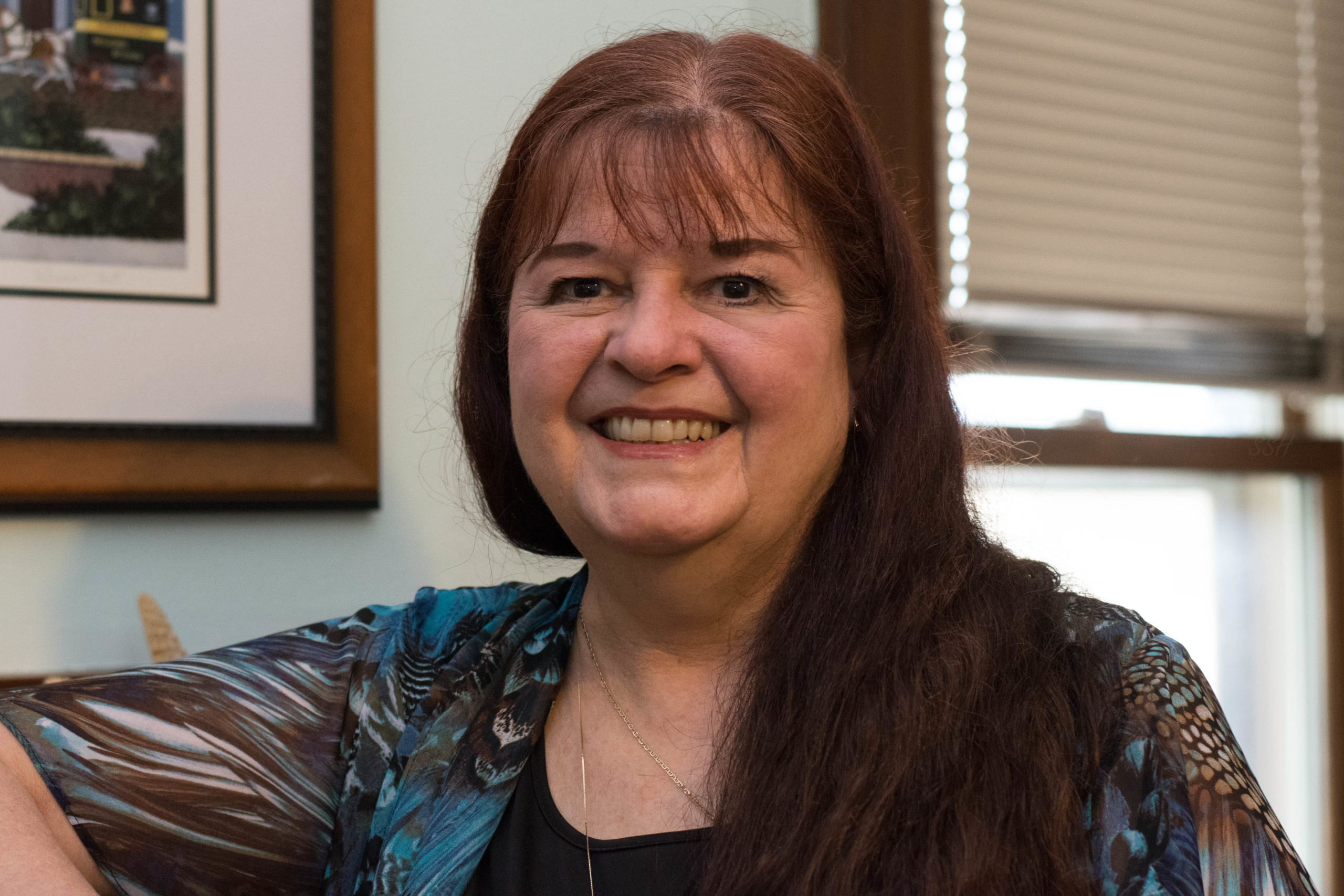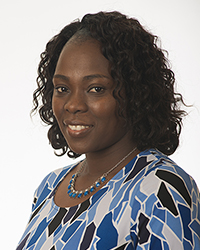Speaker(s):
Hartenstein, Jaimee, PhD, MS, BS
Likcani, Adriatik, PhD, MS, BS
Barrett, Janelle, MS, MAADCII
Presentation:
Diversity encompasses any dimension of differences and diverse perspectives that make each of us unique. Understanding what diversity is and how it contributes to our daily interactions amongst individuals, allows us to be one step closer to bridging gaps for minority groups. Minority groups include populations with less privilege than the average white male. It can include but is not limited to national origin, ethnicity, race, color, language, physical or mental disability, gender, age, religion and religious beliefs, sexual orientation, gender identity, veteran status, political beliefs, socioeconomic status, marital status, family structures and any other category protected by law. These differences tend to be deciding factors for access to services, jobs, promotions, and equitable treatment in our day to day lives. Many minorities experience this more often than none. Diversity is about acceptance and respect for difference. This session will focus on self of the professional and organizational policies and procedures that help create a professional climate that promotes and reflects diversity and inclusion in mental health and substance use disorder treatment and recovery support services.
Objectives:
- Define privilege, learn how to recognize it and how to use it to help bridge the gap for minority and underserved groups.
- Change the stigmas of minorities in order for a group to flourish in a meaningful manner.
- Learn to advocate for groups of people who feel powerless and to encourage such groups to have a voice of their own.
- Specify the differences between equity and equality for minority groups.
- Identify personal and organizational strategies for change and growth to help create a professional climate that promotes and reflects diversity and inclusion and increase access to services for underserved populations.



